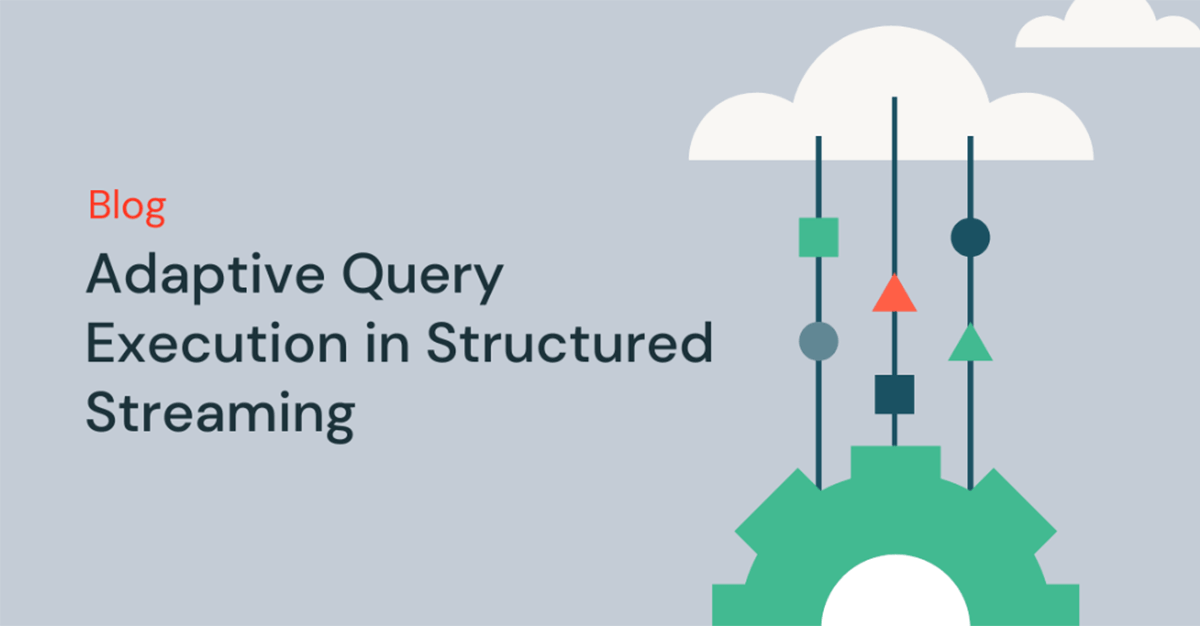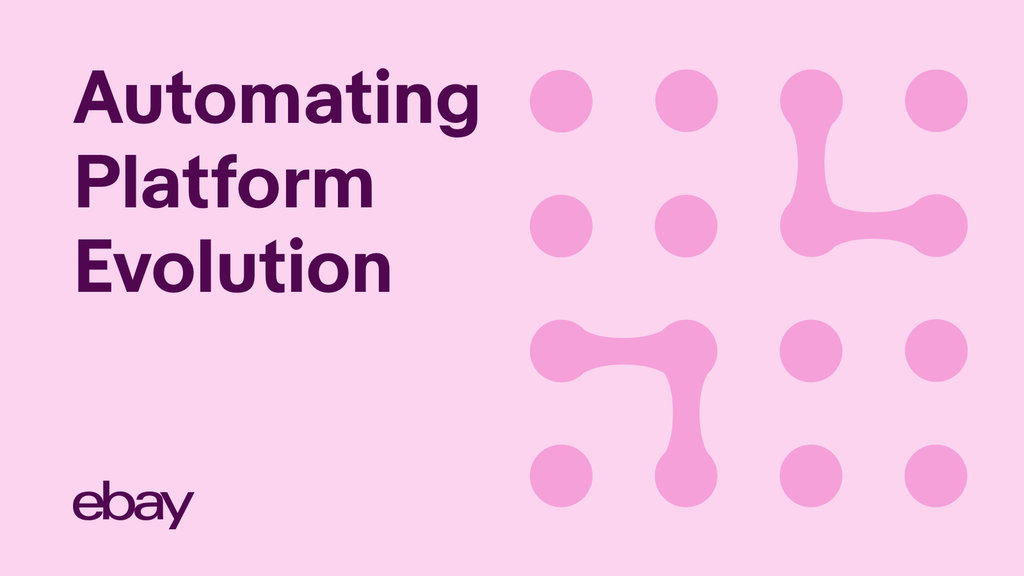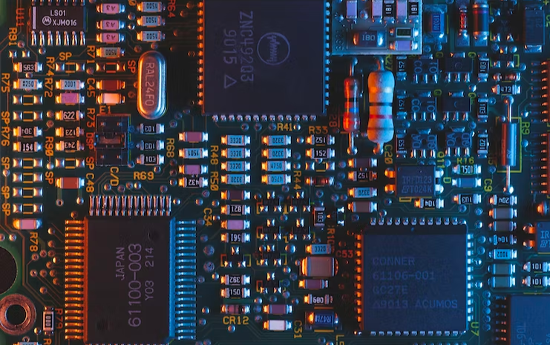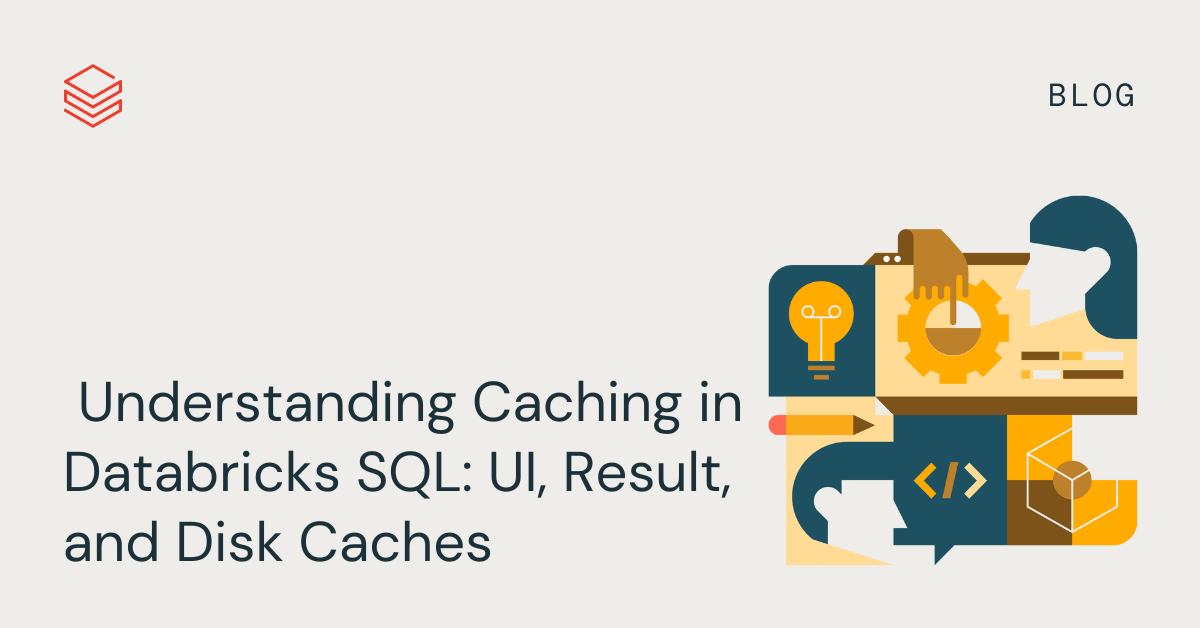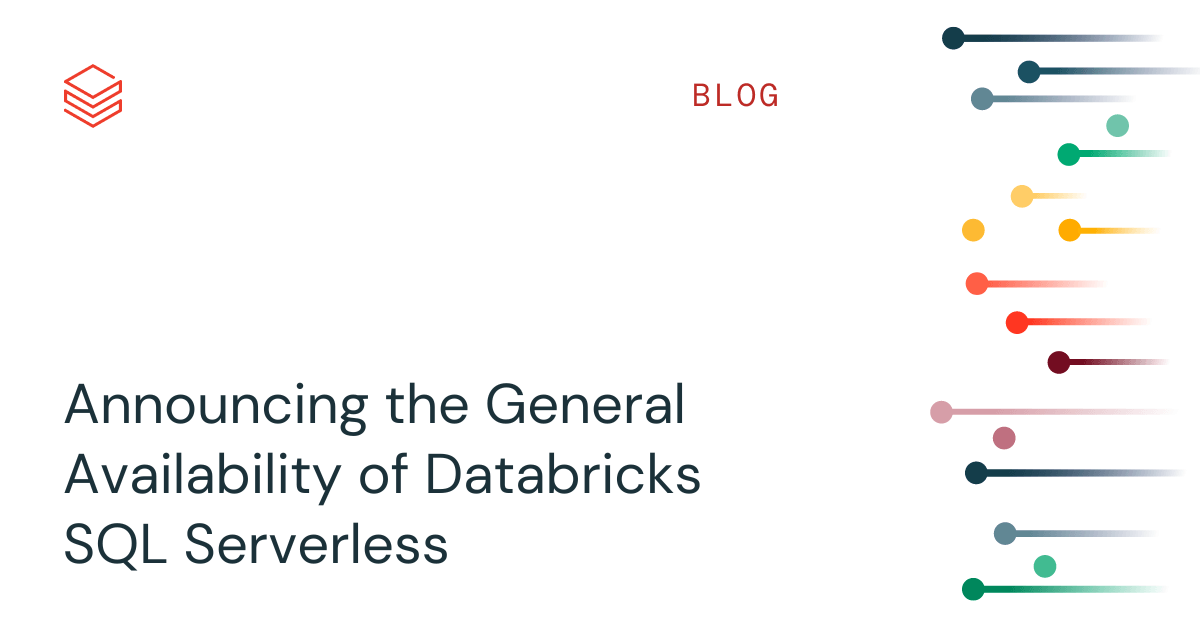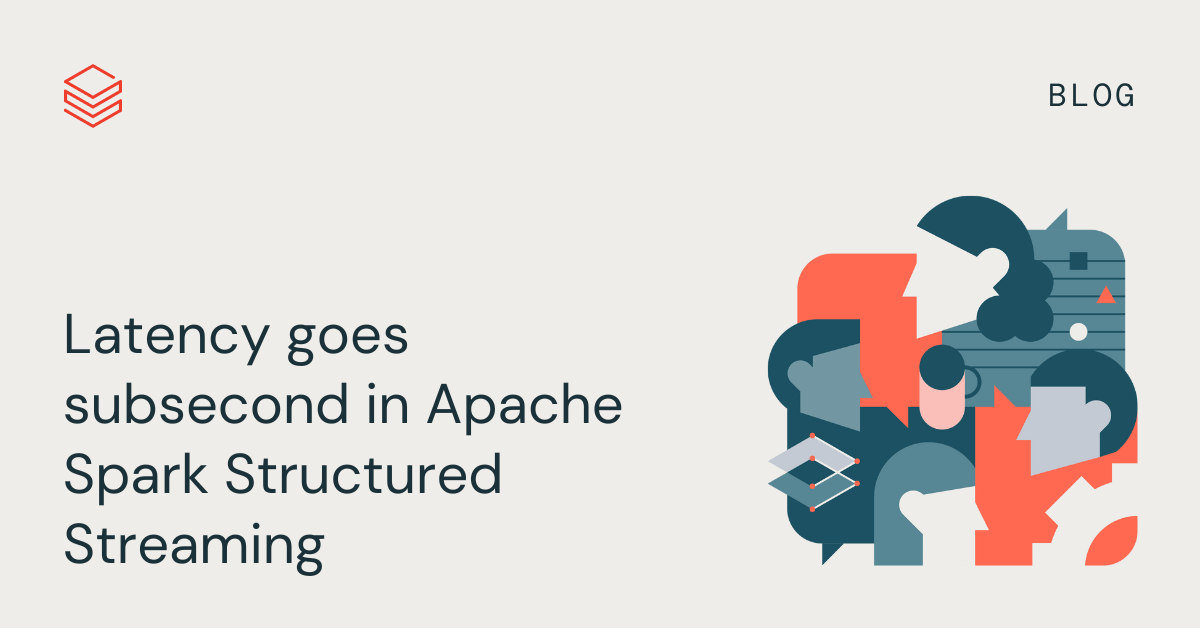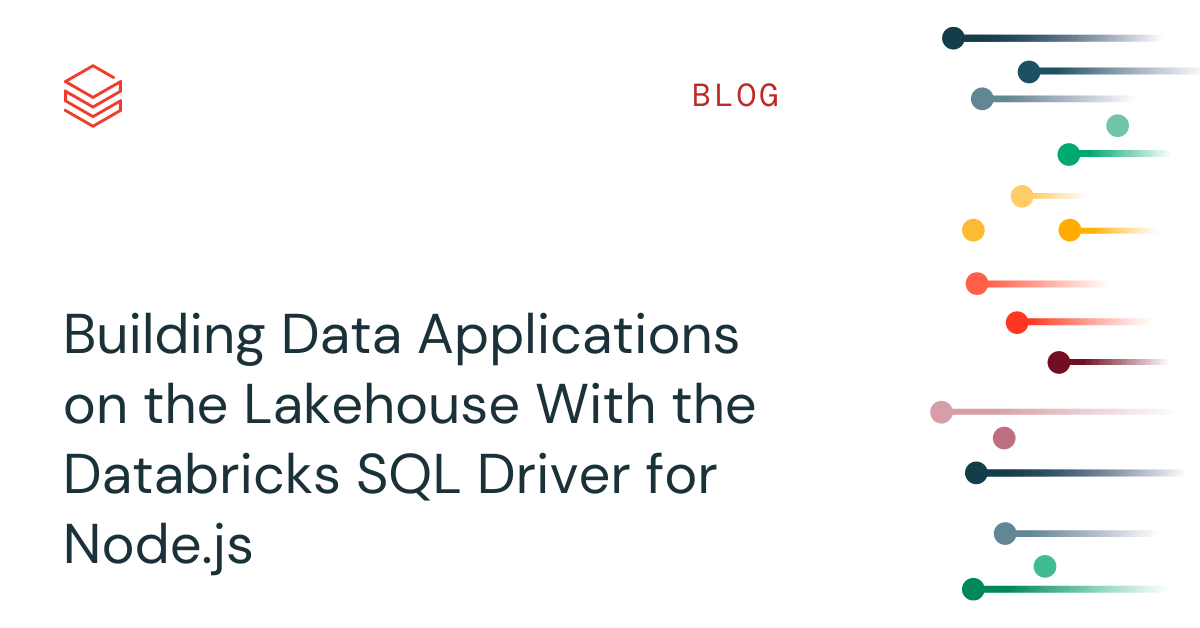Adaptive Query Execution in Structured Streaming
In Databricks Runtime, Adaptive Query Execution (AQE) is a performance feature that continuously re-optimizes batch queries using runtime statistics during query execution. Starting from Databricks Runtime 13.1, real-time streaming queries that use the ForeachBatch Sink will also leverage AQE for dynamic re-optimizations as part of Project Lightspeed. Limitations with Static Planning and Statistics At Databricks, […]
Continue Reading